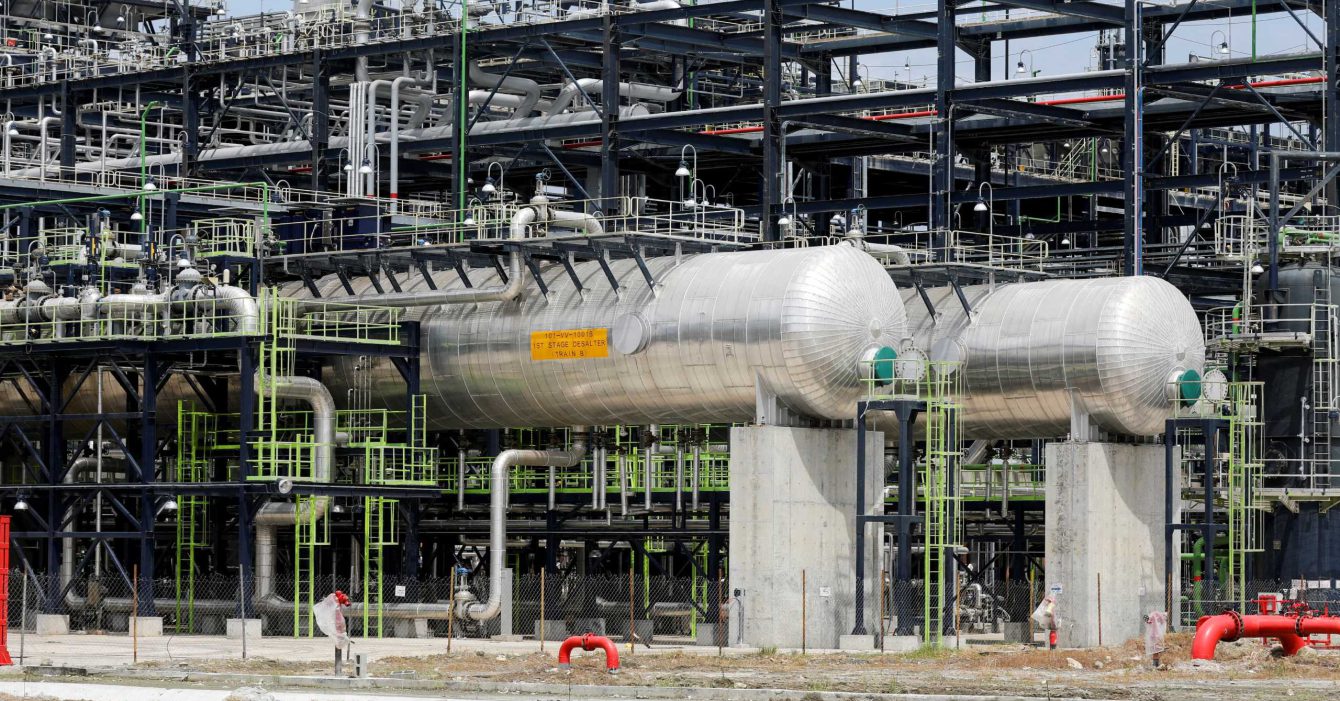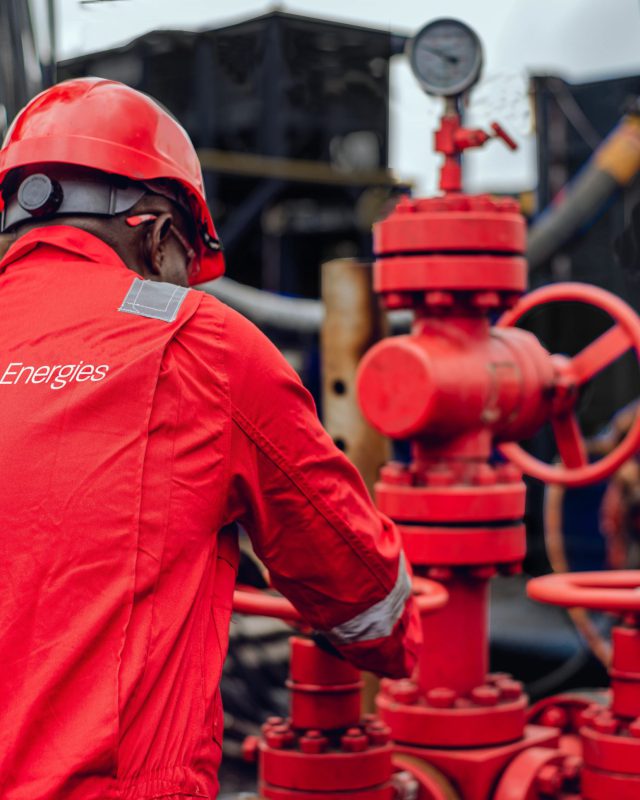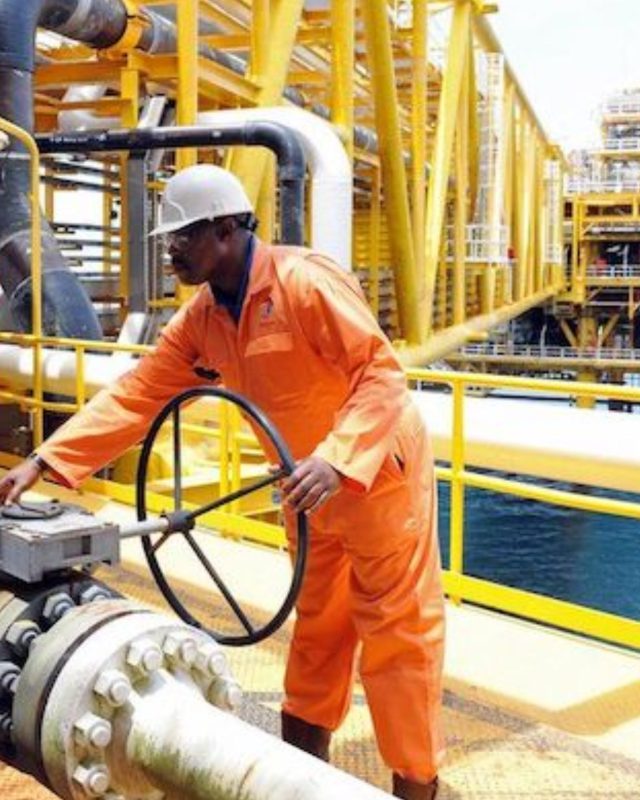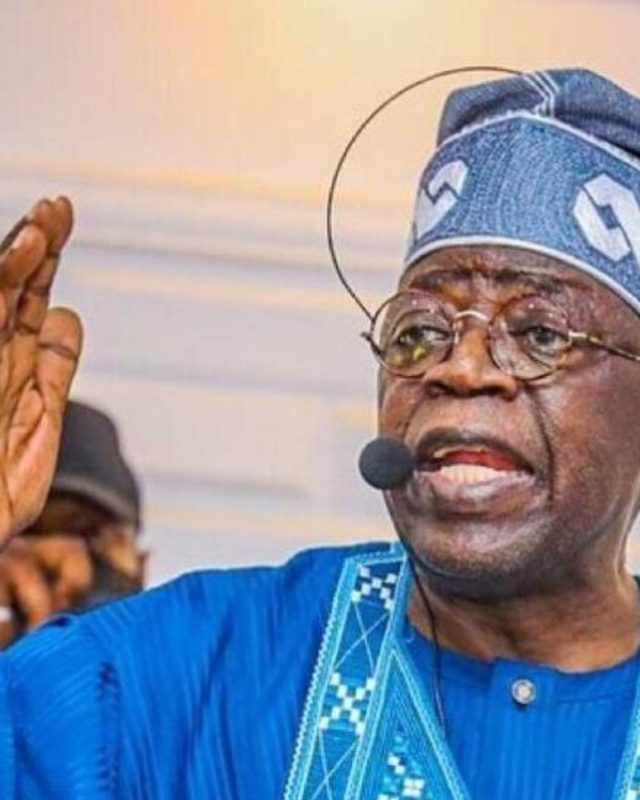Nigeria’s downstream petroleum industry is experiencing intensified competition as the Nigerian National Petroleum Company Limited (NNPC) revises its petrol price to ₦860 per litre, aligning with the latest rate introduced by Dangote Petroleum Refinery.
For years, fuel pricing in Nigeria was largely dictated by government policies, with subsidies keeping pump prices stable. However, the 2023 deregulation of the sector shifted the market towards full competition, where pricing is now influenced by supply, demand, and global crude oil trends. This transition has created a dynamic and unpredictable pricing landscape, forcing major players to adjust their strategies.
Adjusting to Market Realities
We have observed that NNPC stations in Lagos and other parts of the country have updated their pump prices to ₦860 per litre—an adjustment from the previous ₦945 per litre. While no official announcement has been made, multiple outlets have reflected this new price, reinforcing the company’s response to shifting market forces.
This comes on the heels of Dangote Refinery’s decision to lower its ex-depot price from ₦890 to ₦825 per litre—a move that triggered a wave of price revisions. Major marketers partnering with Dangote, including MRS, AP, and Heyden, have also adjusted their prices to reflect this trend.
With NNPC stepping in to match this pricing structure, private fuel marketers are now facing increased pressure to reassess their pricing models and competitive positioning.
Challenges for Importers and Market Players
Nigeria’s fuel market has traditionally been dependent on imports due to the inefficiencies of government-owned refineries. This reliance allowed fuel importers to operate profitably under a structured pricing regime. However, the emergence of Dangote Refinery as a major domestic supplier has disrupted this balance.
With access to cost-efficient crude supply and a modern refining process, Dangote can offer more competitive pricing compared to import-dependent marketers, who now struggle with higher landing costs. As of late February 2025, the average 30-day cost of imported petrol stood at ₦969 per litre, which is significantly above Dangote’s ₦825 ex-depot price.
A fuel distributor, who requested anonymity, shared concerns about the impact on importers:
“Our profit margins are disappearing fast. Dangote’s cost structure gives them an edge that we simply can’t match. If this continues, fuel importation may no longer be a viable business.”
Shifting Dynamics in the Petroleum Sector
Experts believe that the evolving market conditions will continue to shape pricing and competition in the sector. With domestic refining capacity increasing, the reliance on imports may steadily decline.
According to energy economist Professor Adeola Adenikinju, “If domestic production meets national demand, there will be little need for imports. This competition is a sign that the market is adjusting, and we may see more price changes as supply increases.”
Professor Yemi Oke, an energy sector specialist, also noted that price fluctuations will likely persist. “As more refined products enter the market, pricing will stabilize over time. The industry is moving toward a supply-driven model rather than a regulatory-driven one.”
For consumers, the recent price adjustments are a welcome change, but many remain skeptical about how long this trend will last. Commercial bus driver Adeola Ogunleye voiced his thoughts:
“It’s good news for now, but we hope it’s not just temporary. We need long-term price relief, not just short-term adjustments.”
The Road Ahead
With Nigeria’s downstream sector undergoing rapid transformation, fuel pricing will continue to be shaped by competition, refining capacity, and global market trends. As major players like NNPC and Dangote Refinery adjust their strategies, we remain focused on monitoring how these shifts impact the broader petroleum market and the economy at large.
